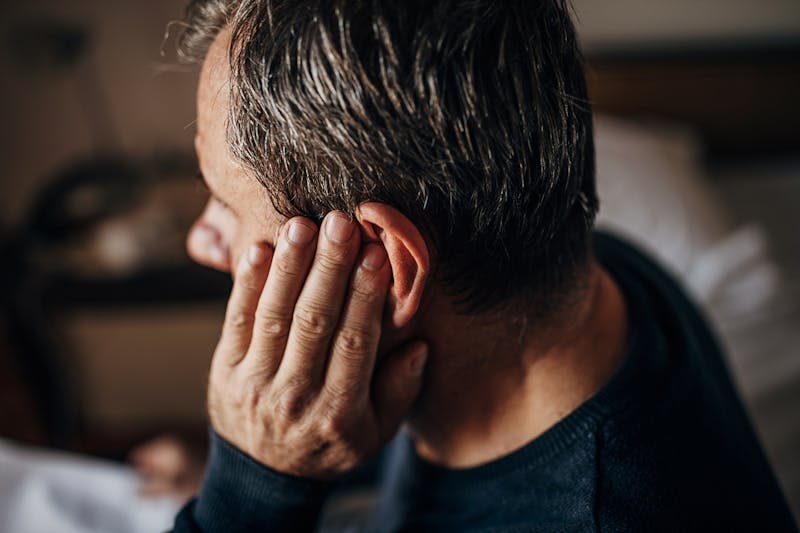
Anyone who’s experienced inner ear pain knows how troubling it can be. As the ears are a sensitive part of the body, patients naturally feel anxiety about potential issues that develop within them. In many cases, the exact cause of ear pain can be difficult for patients to determine on their own.
The truth is that there are various issues that can lead to inner ear pain. Here are a few potential causes.
Impacted Earwax
The ear produces and clears out earwax all the time. In cases where the ears fail to clear the wax out, it can accumulate and harden. Over time, impacted wax can lead to hearing issues and pain. It is for this reason that ENTs constantly implore their patients to refrain from using cotton swabs or q-tips, as they push the wax deeper into the ear, which can ultimately lead to infections.
Middle Ear Infection
Factors such as colds, allergies, or sinus infections can cause a blockage in the eustachian tubes (tubes that run from the middle ear to the back of the throat). When fluid accumulates in these tubes and becomes infected, doctors refer to it as Otitis Media. This is widely considered to be the most common cause of ear pain.
If the cause of this condition is believed to be bacteria, the patient may be prescribed antibiotics. In other cases, a decongestant allergy treatment with an antihistamine or nasal steroids may be recommended. Whatever the situation, it is vital that patients get treatment right away. When left untreated, middle ear infections can spread to other areas or lead to hearing loss.
Dental Issues
Dental issues such as tooth abscesses, cavities, and impacted molars can all lead to ear pain. If the cause of inner ear pain is determined to not be the result of infection or ear wax buildup, most ENTs will start looking at the teeth for potential issues.
The temporomandibular joint, or TMJ, is the part of the jaw that lies directly beneath the ears. TMJ pain is most often the result of excessive teeth grinding, but in some cases, it is a symptom of arthritis. This aching pain in the ears or face usually arises after the patient eats food, speaks, or yawns.
Treatment for TMJ pain usually involves taking over-the-counter pain medications and applying warm compresses to the jaw. As teeth clenching is the driver of this pain, patients need to learn to be mindful of this habit and avoid it. Wearing a mouthguard to bed is a good way to accomplish this throughout the night. Ultimately all of these protocols will lead to a reduction in ear pain in cases where it’s related to TMJ issues.
What Is the Takeaway?
Ear pain is an incredibly troubling symptom that can cause alarm for patients. It is best to refer to a specialist rather than try to diagnose and treat the issue on their own. In most cases, the cause of inner ear pain can be easily identified by a licensed ENT. Please contact us to see how we can help!

